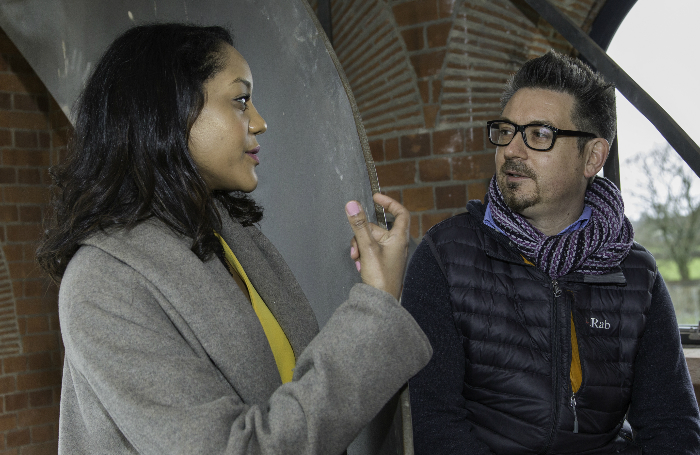
Until recently there was little recognition of mental health and wellbeing as an area of concern for architecture practices. As a profession, architecture is now waking up to the need to be up front about mental welfare.
The RIBA aims to raise the profile of mental health as a practice management issue and has just published mental health information and guidance.
With an estimated one in six British workers in total dealing with stress, anxiety or depression at any one time, it follows that also architecture practices should consider what it takes to be a supportive employer.
Architecture is not unique for the pressures it puts on practitioners, but certain characteristics of the work are likely to negatively impact mental wellbeing: long hours, often low pay, the personal pressure to deliver both creatively and technically, and an absence of systematic employee support structures in small practice, to name a few.
Virginia Newman, director at KSR Architects and RIBA Ambassador for Equality, Diversity & Inclusion, has been interviewing architects with mental health issues in an attempt to understand how the specific pressures of the profession might have contributed to their problems. Remarkably her nascent collection of case studies appears to be the first attempt to look at the architectural profession specifically from a mental health perspective.
‘It started out as an attempt to get some idea of the scale of the problem and how architecture might compare with other professions; there was nothing available,’ says Newman.
She contacted the HR network of the large practices who reported that they were aware of staff members who had or were suffering mental health issues. But only two of these large practices had an explicit policy of offering mental health support for staff.
What can employers do to support their staff?
‘The most important step is to communicate to people that you care. It’s the first step to encouraging people to come forward to talk about their problems. Practices need to make it clear to employees that they are concerned and will be sympathetic,’ says Newman.
Even so, some might be reluctant to come forward on their own. How to recognise then if someone is struggling with mental health issues?
There are signs that all employers should be looking out for, says Newman, such as changes in mood, loss of work output and motivation, difficulty with decision making, changes in eating habits, or falling asleep. Any of these should prompt practice management to offer support.
Someone outside any immediate working relationship such as an HR manager is best placed to address mental health concerns, yet in any but the larger architectural practices they are few and far between. As the vast majority of architects work in small and medium sized practice it follows that mental health issues are more likely to go unrecognised or untreated.
But also smaller firms can take proactive steps. One practice Newman spoke to had emailed staff with an invitation to talk for anyone feeling under strain. Another practice is seeking to address work-life balance for staff and has started by banning work related emails between certain hours.
Employers and their staff can also turn to The Architects Benevolent Society’s (ABS) mental health support initiative for support, recently launched in partnership with Anxiety UK.
The ABS welfare team is offering helpline and email support, wellbeing assessments and, where needed, referrals to support services available through Anxiety UK, including one-to-one therapy and counselling. In some circumstances, financial assistance will also be available.
Virginia Newman, meanwhile, is still waiting to see the first well-known architect stand up to reveal their own struggles with mental health to set an example for others, as has been the case in other creative industries.
Thanks to Virginia Newman, Director, KSR Architects.
Text by Neal Morris, © RIBA
This is a ‘Practice News’ post edited by the RIBA Practice team. The team would like to hear your feedback and ideas for Practice News: practice@riba.org









